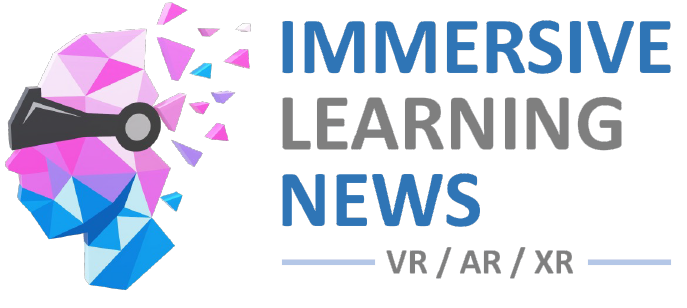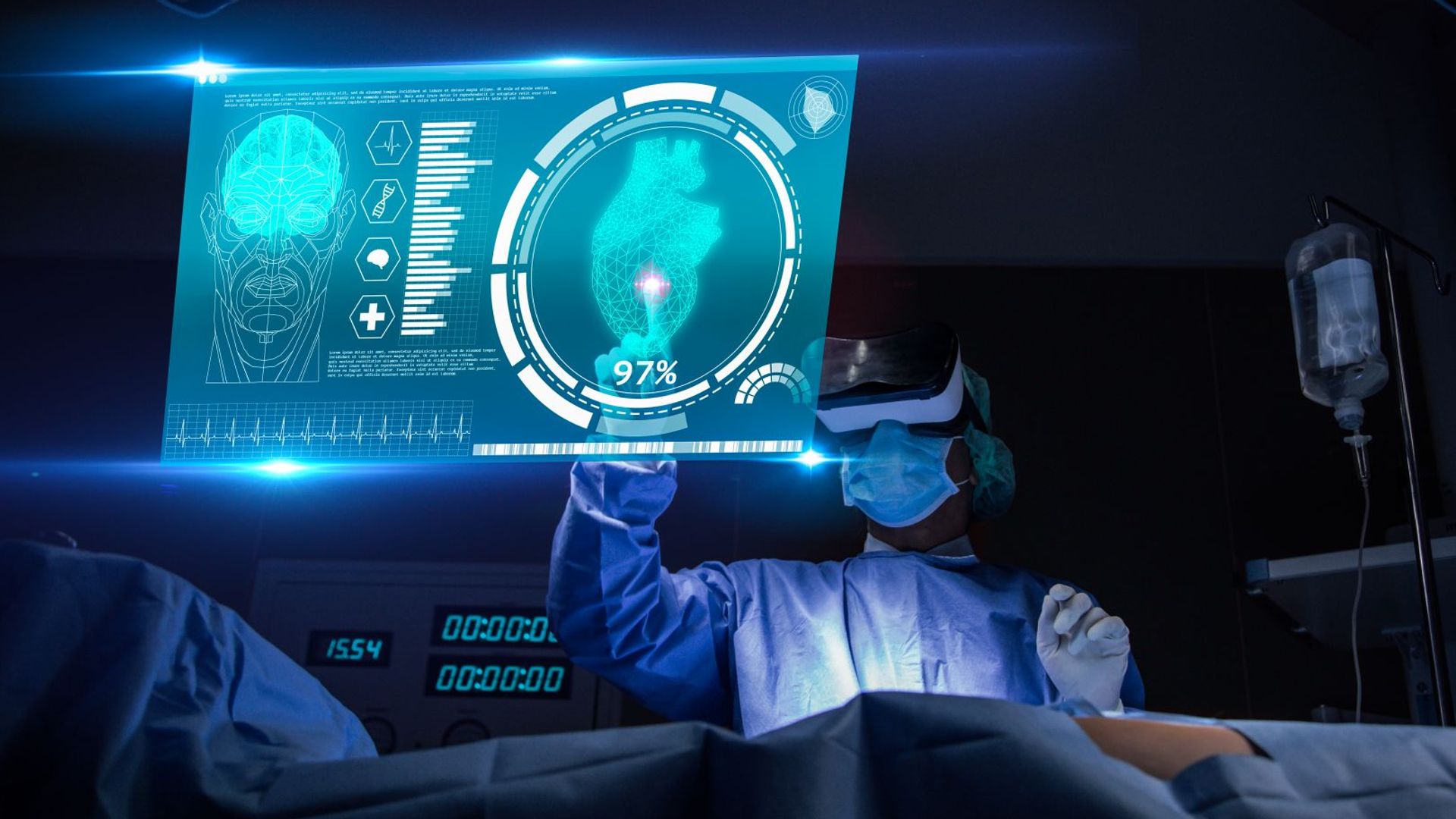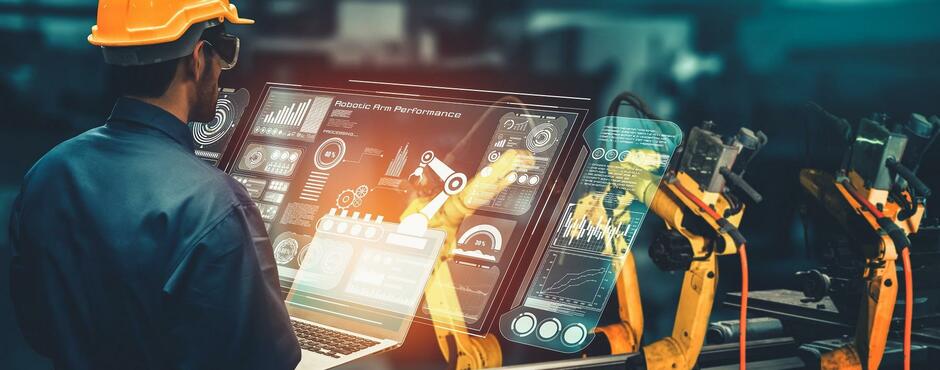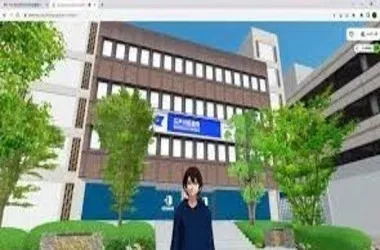ssential Points
The metaverse has much more potential than the fantasy or video game world it is often associated with. Education is one field poised to gain tremendous potential from the development of the new space. By creating the same high-pressure environment medical students will get in real life but without the pressure of handling someone’s life, students can gain experience earlier in their education before performing on real patients.
Introduction
Professor Chunxue Bai and colleagues have recently suggested naming 2022 as the “Year of the Metaverse in Medicine” and rightfully so. This article will unveil a glimpse into how Web3 will fundamentally alter how medical professionals are trained.
We would like to thank Dr Catherine Subhashini for contributing this article to us.
The Metaverse’s Role In Training the Next Generation of Health Professionals
Metaverse in medicine? It appears to be an odd match at first, but this has to be one of the best tech-for-good use cases we’ve seen thus far.
The healthcare ecosystem which utilizes the metaverse can be broadly categorized into Web 3.0 technologies such as blockchain health data software, medical devices enabled by Augmented/Virtual Reality, digital twin, and AI-powered ubiquitous applications.
According to a research paper in The Journal of Bone and Joint Surgery (March 18,2020-volume 102-issue 6- P E26), senior surgical residents who trained using VR learned 570% faster than those who used traditional learning methods.
It also has a myriad of uses to surgeons when they deploy it for surgical planning because of its three-dimensional, 360-degree vision, which allows one to design and try out situations that otherwise are impossible to perform/ visualize on a live patient.
By doing so, a high stakes, zero risk environment is fostered for novel surgical techniques that would otherwise be forbidden by risk-averse sometimes conservative stakeholders.
Need for an Upgrade
Physician Burnout
Studies showed approximately one in three medical students have anxiety or depression worldwide which is significantly higher than the general population. Burned-out doctors deal with record backlogs, missed breaks, no time to eat, etc that impacts their wellbeing. Patients treated by burned-out doctors or residents face additional risks when they receive care. Hospitals and institutions can alleviate some of these burdens by incorporating AR/VR training to residents who otherwise end up working over 80 hours each week, every week for over 3 years.
Increased Expertise
It allows residents to engage in purposeful practice — identifying the skills they need to work on and practicing those skills repeatedly. It also delivers a double loop learning system that lets residents make mistakes and gives them feedback to incorporate on their next try.
“When residents are putting a pin in a bone in VR, they can hone their 3D spatial awareness as they learn how to reduce the fracture, position the X-ray to get the appropriate view, and place the pin in the perfect position.”, one orthopedic attending explained. Critical skills, such as this, must be mastered so that they can be reproduced seamlessly in surgery.
Another study found that newly independent doctors whose residency work hours routinely reached 90-100 hours per week had no better patient outcomes, despite the additional hours spent in training, than doctors whose residency training involved substantially less time in the hospital. Thus these residents can be introduced to a hybrid model of training with more individualized learning in addition to the invaluable hospital training.
Patient-centric Care
The terminal doctors or new residents can be guided by remote experts in both the real and virtual worlds at any time and in any situation, transforming the diagnosis and treatment from the current industry 2.0 model to a much need industry 5.0 characterized by homogeneous comprehensive levels of patient care that meet national and even international standards.
Looking to the Future
There are further psycho-socio-cultural barriers when it comes to implementing technologically advanced medical services. Some patients could be reluctant to acknowledge that these newer methods of care is of the same caliber as conventional treatment or might think of it as lacking ‘human-touch’. However, these concerns will diminish if the doctor is competent in these technologies and has received the necessary training to translate their expertise to the patient with confidence.
The emergence of the metaverse will bring infinite possibilities to healthcare and promote digital and precision care; custom and computational medicine to newer heights. Healthcare practitioners will be empowered to provide better comprehensive treatment plans unhindered by the siloed nature of the existing healthcare system.
Quelle:
https://metaversebay.io/guides/the-metaverse-and-medical-education




